Search
Login
Login
Register
Menu
Categories
Search
Show
2 in stock
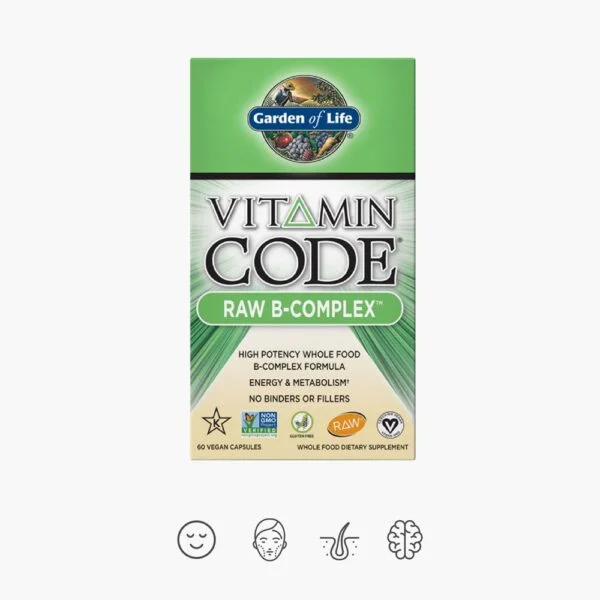
Minerals
Akcija -30%
Garden of life Vitamin Code RAW B-COMPLEX – vitamins of group B complete with antioxidants, probiotics and enzymes. Bioactive complex, 60 vegcapsules
Rated 5.00 out of 5
2 in stock

Minerals
Akcija -35%
Garden of life Vitamin Code RAW B-COMPLEX – B group vitamins complete with probiotics, antioxidants and enzymes. Bioactive complex, 120 vegan capsules
1 in stock

Minerals
Akcija -40%
Garden of life Vitamin Code Raw D3 - Vitamin D3 complete with antioxidants, enzymes and probiotics. Bioactive complex, 120 vegcapsules
2 in stock

Minerals
Akcija -40%
Garden of life Vitamin Code Raw D3 - Vitamin D3 complete with antioxidants, probiotics and enzymes. Bioactive complex 60 vegcapsules
Rated 5.00 out of 5
1 in stock
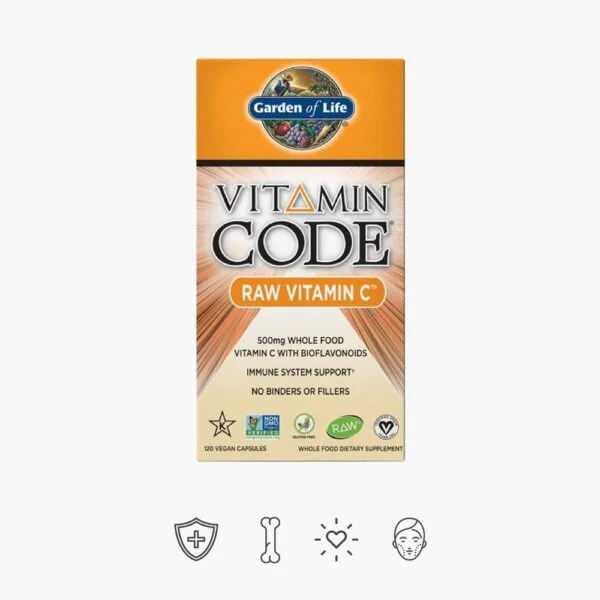
Minerals
Akcija -40%
Garden of life Vitamin Code RAW VITAMIN C – Vitamin C complete with antioxidants, probiotics and enzymes. Bioactive complex, 120 vegcapsules
1 in stock

Minerals
Akcija -35%
Garden of life Vitamin Code RAW VITAMINAS C – Vitaminas C visavertis kompleksas su antioksidantais, probiotikais ir fermentais, 60 vegankapsulių
Rated 5.00 out of 5
1 in stock
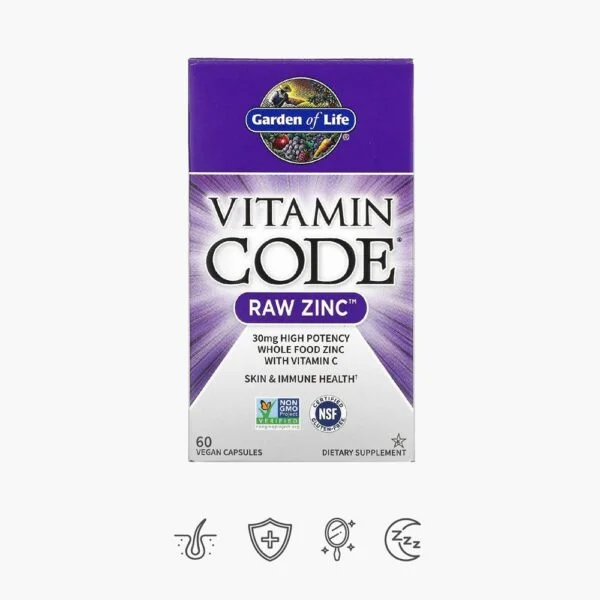
Minerals
Akcija -50%
Garden of life Vitamin Code RAW ZINC - Zinc with Vitamin C complete with antioxidants, probiotics and enzymes. Bioactive complex 60 vegcapsules
Rated 5.00 out of 5
2 in stock

Vitamins
Akcija -45%
KIKI Health BODY BIOTICS – bioaktyvūs probiotikai su prebiotikais, 60 vegkapsulių
Rated 5.00 out of 5
2 in stock

Vitamins
Akcija -50%
KIKI Health BODY BIOTICS bioaktyvūs probiotikai su prebiotikais, 30 vegkapsulių
Rated 5.00 out of 5
2 in stock
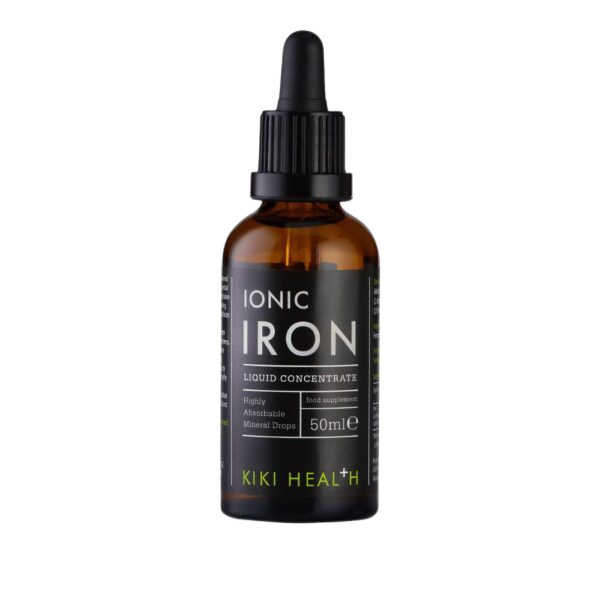
Minerals
Akcija -25%
KIKI Health ionic Iron, liquid concentrate, 50ml
Out of stock
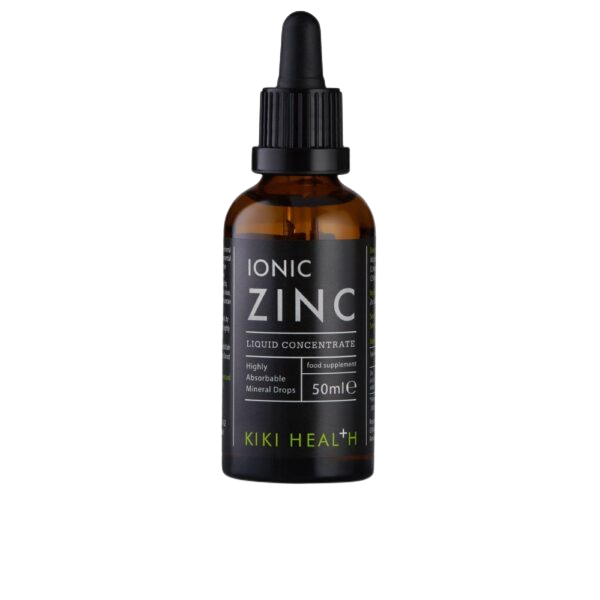
Minerals
1 in stock

Minerals
Akcija -50%
KIKI Health Magnesium Oil - Spray magnesium for muscles with minerals, 125 ml.
Rated 5.00 out of 5
1 in stock
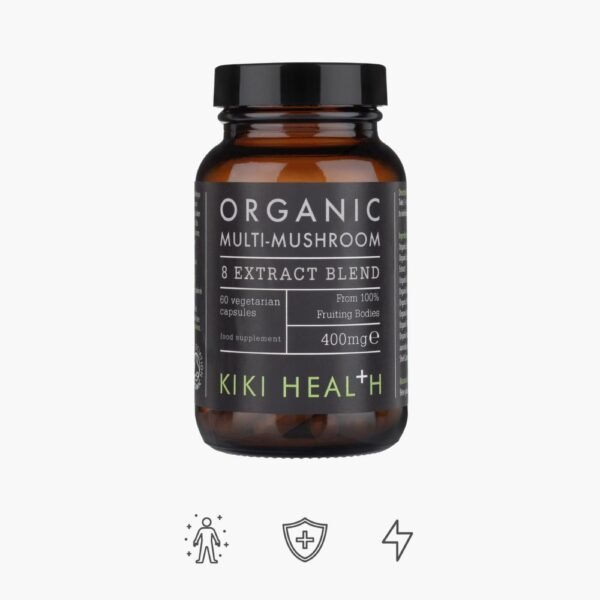
Minerals
Naujiena
TOP
Out of stock
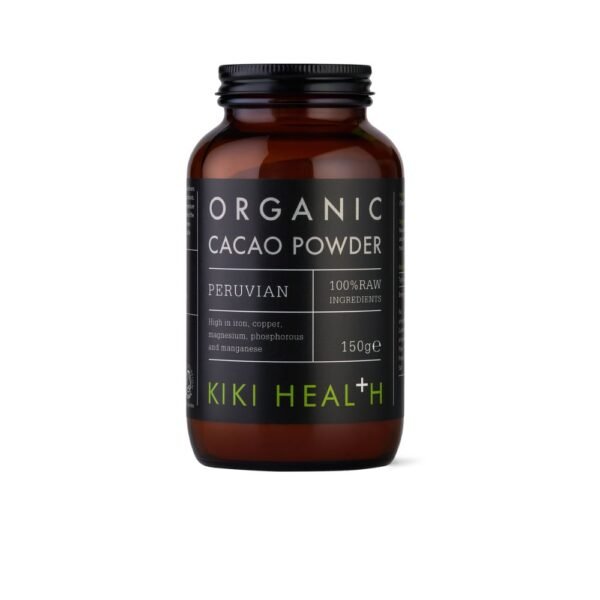
Minerals
Naujiena
1 in stock

Minerals
Akcija -50%
Men’s Multi vitaminai vyrams – potencijai ir stipriai nervų sistemai, 180 tablečių
2 in stock
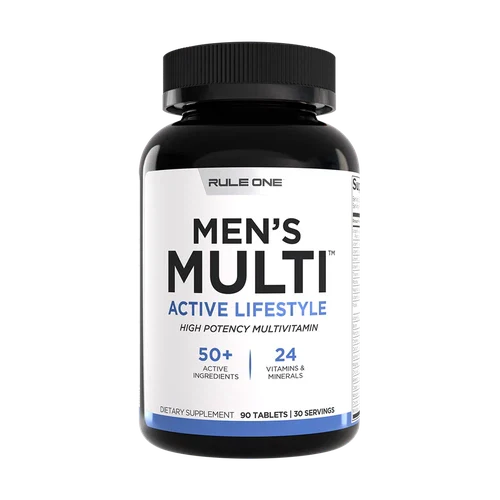
Minerals
Naujiena
Akcija -40%
Men’s Multi vitaminai Vyrams- potencijai ir stipriems nervams, 90 tablečių
2 in stock

Minerals
Naujiena
Akcija -40%
R1 Women’s active Vitaminai Moterims – hormoninei sistemai ir energijai, 60 tablečių
2 in stock

Minerals
Akcija -50%
SUPER OMEGA-3 – norvegiški žuvų taukai su Omega-3, didelė koncentracija, 100+30 kapsulių
Rated 5.00 out of 5
2 in stock

Minerals
Akcija -30%
Trace Minerals ConcenTrace liquid marine mineral complex, 118 ml
Rated 4.80 out of 5
Out of stock

Minerals
1 in stock

Minerals
Akcija -40%
Trace Minerals Electrolyte Stamina – Elektrolitų ir mineralų kompleksas , 90 tablečių
Rated 5.00 out of 5
3 in stock

Minerals
Akcija -35%
Trace minerals ionic Iron with minerals, liquid 56 ml
Rated 5.00 out of 5
2 in stock

Minerals
Akcija -30%
Trace Minerals joninis Magnis Magnesium 400 mg, 118 ml
Rated 5.00 out of 5
2 in stock

Minerals
Akcija -30%
Trace Minerals Mega Magnesium 400 mg. Liquid with minerals, 118 ml.
Rated 5.00 out of 5
Out of stock
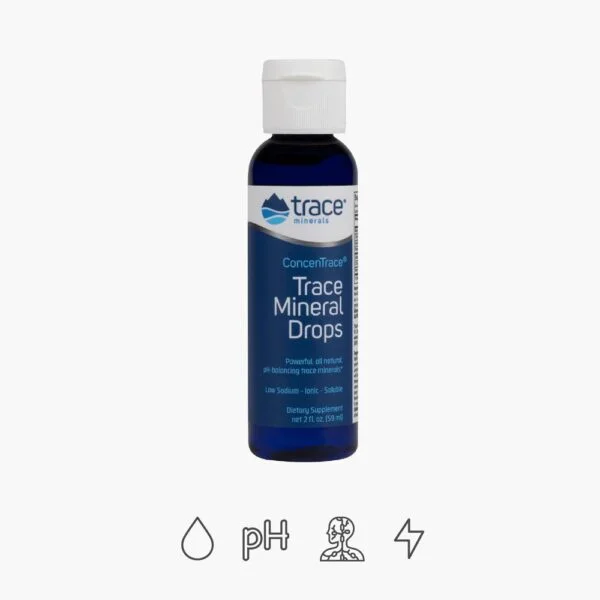
Minerals
1 in stock

Minerals
Akcija -25%
Trace Minerals liquid Coenzyme CoQ10 with marine mineral complex, 118 ml
Rated 5.00 out of 5
What are Minerals?
Minerals are elements found in food and needed by the body to develop and function properly. The amount of minerals needed by the body does not necessarily indicate its importance for well-being. About 4% of body mass consists of minerals. Mineral supplements are a good solution when we want to supplement our body with microelements or macroelements. There are 20 chemicals or minerals required for different biochemical processes in humans.Types of minerals
Different types of minerals can be divided into two types known as micronutrients and macronutrients.-
Micronutrients:
required in small quantities. The list of trace elements includes iron, iodine, copper, manganese, fluoride, zinc, cobalt and selenium. If consumed in excessive amounts, micronutrients can cause mineral toxicity, which can lead to a host of health problems such as nausea, diarrhea, skin discoloration, and more. -
Macronutrients:
needed by the body in large quantities. Examples of macronutrients include calcium, chloride, sodium, potassium, magnesium, phosphorus, and sulfur. These minerals are essential for metabolism and proper functioning of the human body. Our bodies do not produce these elements, so we must obtain them from various sources such as food and supplements. Lack of macronutrients in the body has a negative effect on human physiology.
The importance of minerals in our diet
Minerals are essential in our diet. Minerals are found in the blood, bones, tissues, and in the case of some, such as iron, in every living cell. Minerals carry oxygen and carbon dioxide and are part of DNA and RNA; They are a necessary component for metabolism. Dietitians and experts always suggest a mineral-rich diet because foods rich in minerals are usually the best option to nourish the body. For example, an orange has a lot of calcium (100 g of orange has ~40 mg of calcium), which is good for our bones, and iodized salt contains iodine, which is very important for the production of iodine. The focus on proper mineral intake stems from the fact that various biochemical reactions require elemental components. Certain specific minerals have been found to require adequate regular intake to maintain optimal health.Basic minerals and their functions
We will look at the main minerals, where they are found and what their main functions are:Zinc
Zinc is a mineral commonly found in oysters, red meat, poultry and nuts. Zinc is said to be involved in cell division, DNA synthesis and wound healing. The body does not store zinc, so it must be consumed in sufficient quantities every day. Zinc deficiency can have a significant impact on immune function and growth inhibition.Potassium
Your body uses potassium for proper muscle contraction. It works every muscle in the body, including the heart, the muscles of the intestines, and the muscles used for walking and running. Potassium found in dairy products, salmon, fruits, vegetables and legumes. An insufficient amount of potassium in the blood is called hypokalemia. This can cause weakness, muscle cramps and irregular heartbeat. Hypokalemia can be life-threatening if it affects the heart muscle.Iron
Iron helps carry oxygen from the lungs to the body's organs. Good sources of heme iron are meat, poultry, and fish, while dried beans, peas, grains, and bread are good sources of non-heme iron. Iron deficiency can be caused by a lack of iron in the diet, blood loss, or the body's inability to absorb iron from food. Foods high in vitamin C should be eaten with non-animal foods to increase absorption of non-heme iron.Sodium
Many people try to eliminate sodium from their diet because of the risk of high blood pressure and heart disease, but sodium is actually important for many bodily functions. Sodium is found in table salt, milk and processed foods. Although too much sodium can cause a variety of diseases, a small amount is necessary to maintain blood volume and regulate nutrient absorption. It also helps create the energy your body needs to carry out its daily life processes.Calcium
Calcium is needed for our teeth, bones and nails: Calcium is the most abundant mineral in the body. Dairy products are also rich in calcium, such as yogurt and cheese. But if you are dairy intolerant, you can also get calcium from nuts and green leafy vegetables. Calcium is necessary for blood clotting, the functioning of certain enzymes, and the control of the flow of fluids through cell walls. It is also necessary for normal heart function and muscle contraction. Symptoms of calcium deficiency include weaker bones, stunted growth, nervous irritability and muscle tenderness.Phosphorus
Phosphorus found in bones, teeth, protoplasm and nucleus of every cell. It is used in more body functions than any other mineral. Phosphorus is used to build healthy bones and teeth (along with calcium); metabolize carbohydrates, fats and proteins; Create nerve and brain cells. Symptoms of phosphorus deficiency: poor development of bones and teeth, mental fatigue, a feeling of depression resulting from depleted nervous energy. Good sources of phosphorus: coconut, green leafy vegetables, pears, apples, avocados, carrots, rice, oats, fish, legumes.Magnesium
Magnesium it is required for more than 300 biochemical reactions, supports normal nerve and muscle function, supports a healthy immune system, and carbohydrate metabolism. Symptoms of magnesium deficiency: poor facial skin, faster heartbeat, irritability, indigestion, soft bones. Good sources of magnesium: Nuts (especially walnuts and almonds), whole grains, spinach, fish.Manganese
Manganese found in the liver, kidneys, pancreas, lungs, prostheses, adrenal glands, brain and bones. Manganese facilitates chemical reactions, carbohydrate metabolism, strong tissues and bones, helps form thyroxine, helps regulate blood sugar, is needed for antioxidant and enzyme function. Symptoms of manganese deficiency: Weak bones, anemia, chronic fatigue, low immunity, hormonal imbalance, infertility.Copper
Copper found in the heart, lungs, liver and gallbladder. Copper is primarily needed in the body for iron absorption and metabolism. Symptoms of copper deficiency are similar to those of iron: poor hemoglobin production, pale facial skin, anemia, low energy, noisy growth. Nuts and seeds, raisins, shellfish are rich in copper.Zinc
Zinc regulates blood sugar levels in the body, is responsible for wound healing, and transports carbon dioxide from the tissues to the lungs. Symptoms of zinc deficiency: poor intestinal absorption, limited growth, prosthetic problems, lack of taste. Nuts and seeds, shellfish, grain products such as wheat germ contain zinc.Selenium
Selenium supports the immune system; acts as a powerful antioxidant that fights free radicals, especially when combined with vitamin E. Antioxidants like selenium help fight harmful particles in the body called free radicals. Symptoms of Selenium Deficiency: Free radicals can damage cell membranes and DNA, adversely affecting health and causing premature aging. Good sources of selenium: Brazil nuts, seeds, fish, green vegetables.Boron
Boron increases bone density, activates vitamin D, affects how the body processes other minerals, and increases estrogen levels in older women. Boron deficiency symptoms: arthritis, weak bones and osteoporosis, weaker muscles, poor concentration and memory loss, premature aging of the skin, worsening of menopause and PMS symptoms, allergies. Good sources of boron: Plant foods including nuts, legumes, chickpeas, most vegetables, bananas, avocados, broccoli, oranges, red grapes, apples, pears.What are the side effects of mineral overdose?
Consuming too much of one thing always has a negative effect on the human body. An excess of minerals in the daily diet can cause certain diseases of the body. Excess calcium in our diet can cause constipation and kidney problems. Too much zinc in our diet can cause diarrhea, kidney problems, heart problems and vomiting. Too much sodium in the blood cells increases the risk of stroke, other heart-related problems, and hypernatremia. Excess iron can cause liver disease, cardiovascular problems, loss of interest in sex, infertility and impotence. A balanced diet prevents mineral deficiencies. Indiscriminate use of vitamin and mineral supplements should not be followed to avoid any adverse effects.Mineral Sources: Where minerals come from and how we get them
Minerals are natural chemical elements that are found in the earth. Erosion breaks down rocks, solids, and sand to form soil, which is the basis for plant growth. Minerals are primarily absorbed by plants. Later, herbivores absorb the minerals when they eat the plants. Humans get the mineral nutrients they need by eating plants and herbivores.The benefits of minerals
Minerals are needed for the proper composition of body fluids, including blood, and for the proper formation of tissues, muscles, nerves, bones and teeth, muscles and nerves. They also play an important role in maintaining healthy nerve function, regulating muscle tone, and maintaining a healthy cardiovascular system.Biochemical functions of minerals include:
- Energy production
- Growth
- Healing
- Proper use of vitamins and other nutrients

